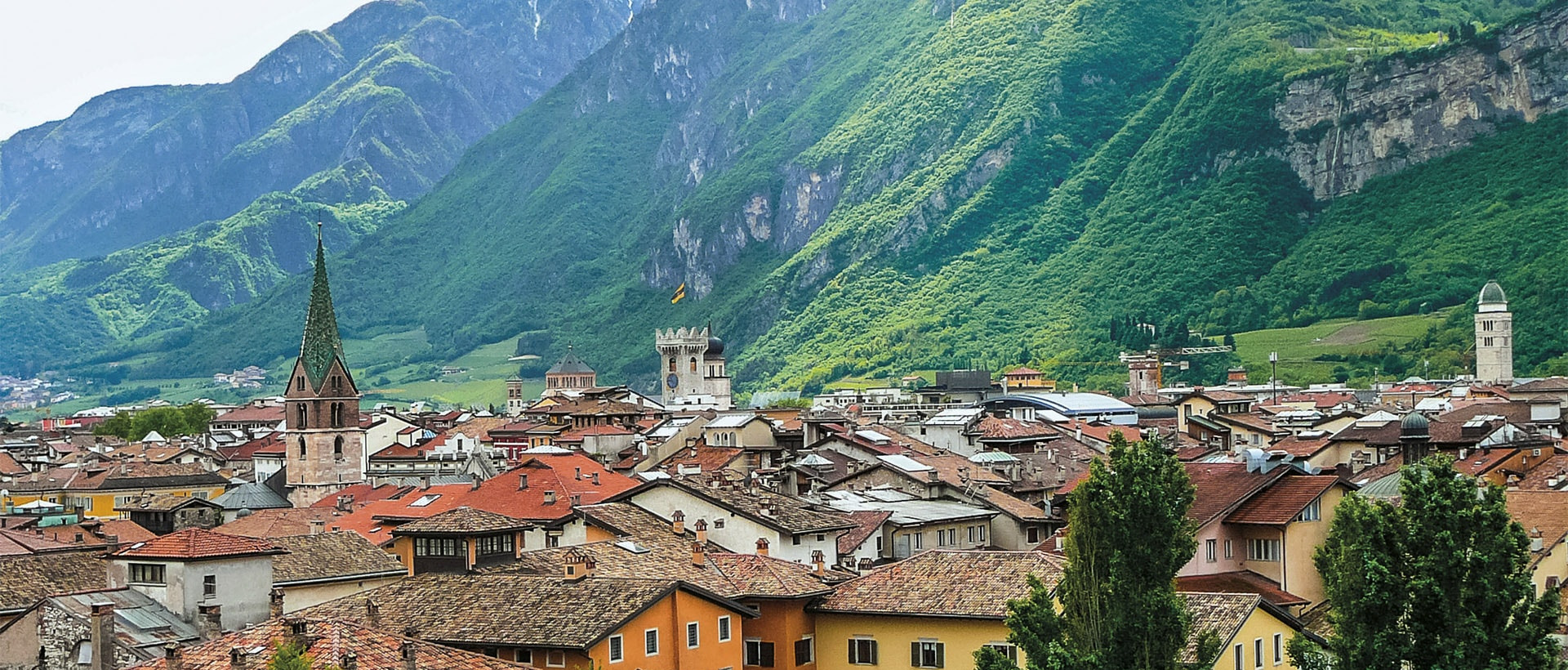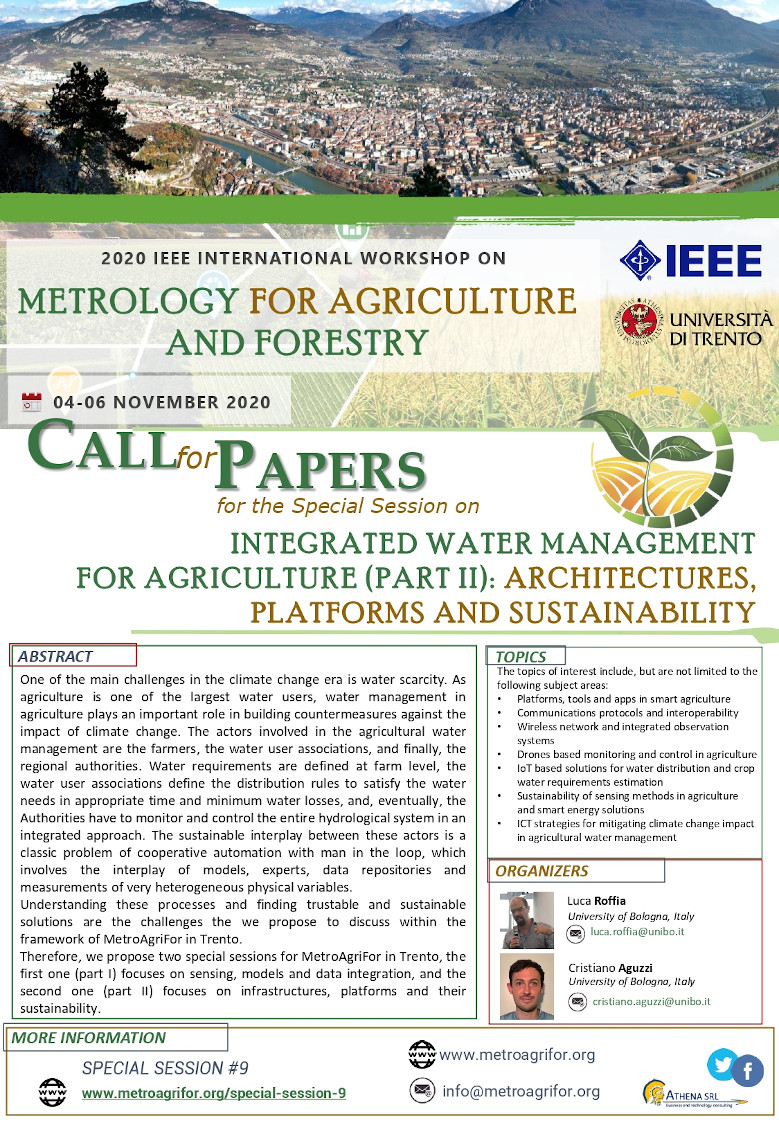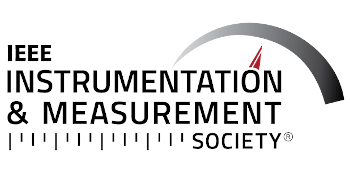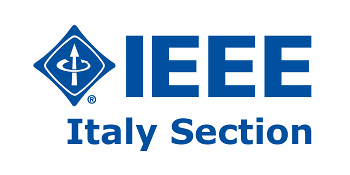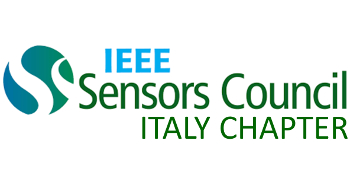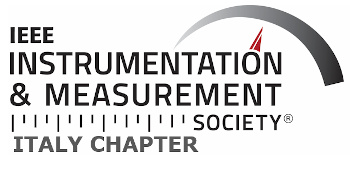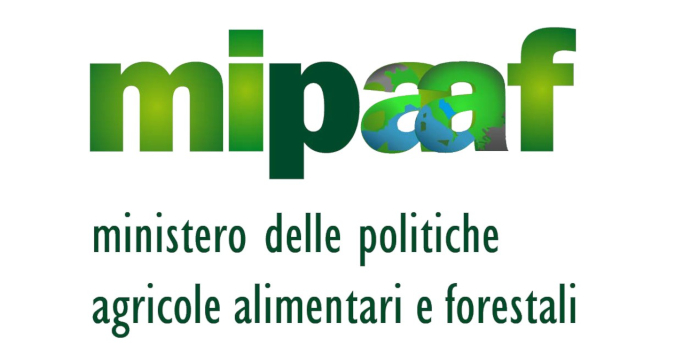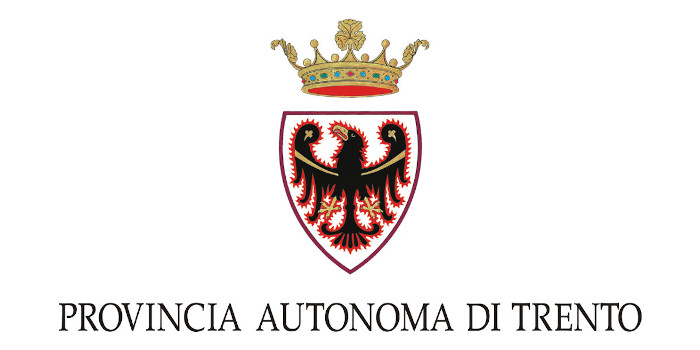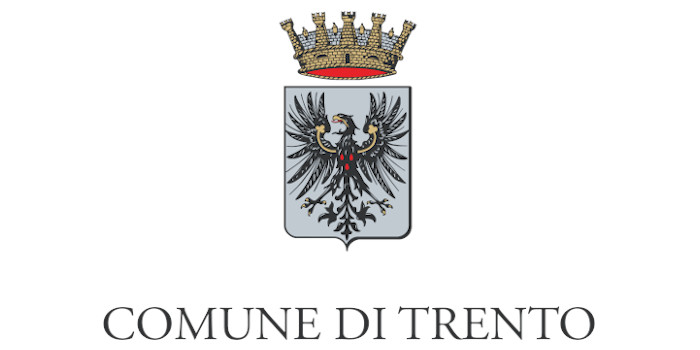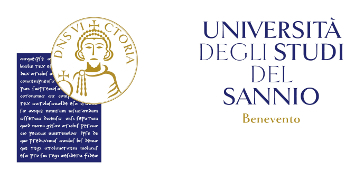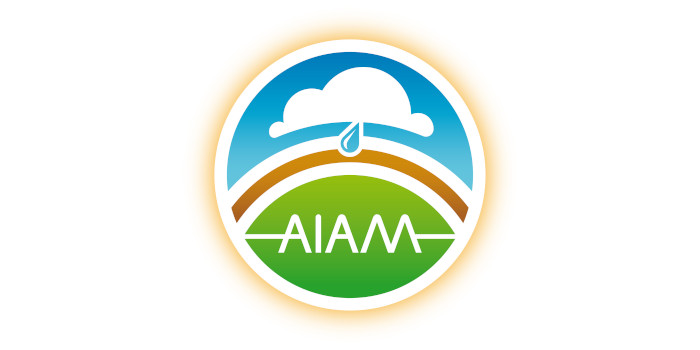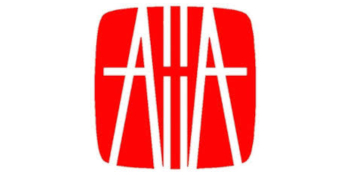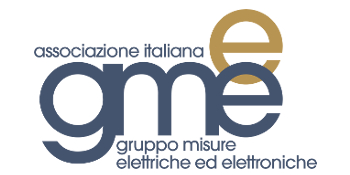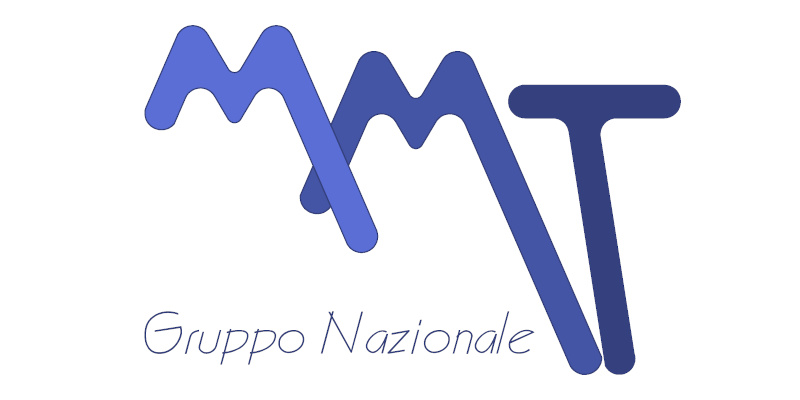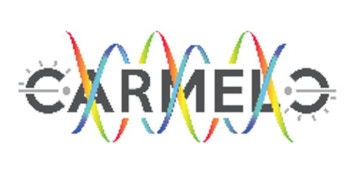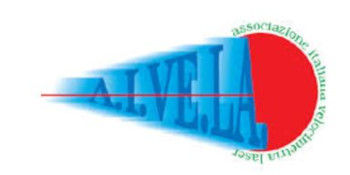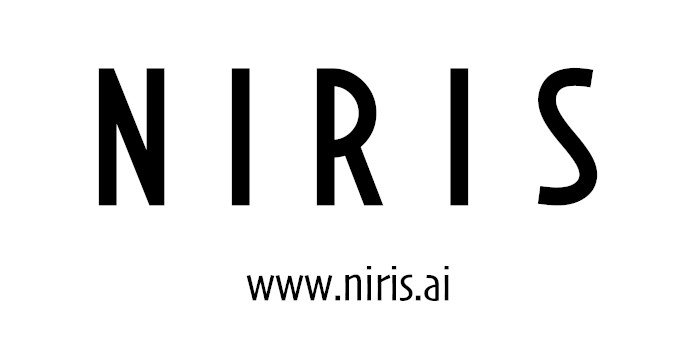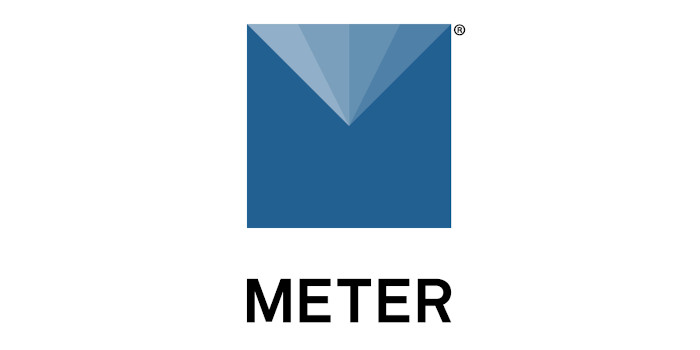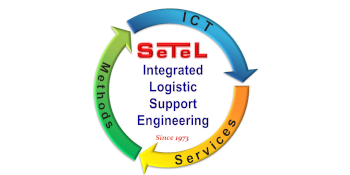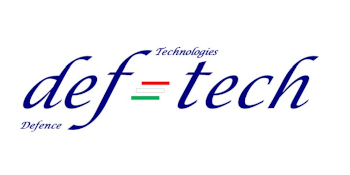INTEGRATED WATER MANAGEMENT FOR AGRICULTURE (part II): architectures, platforms and sustainability
ORGANIZED BY
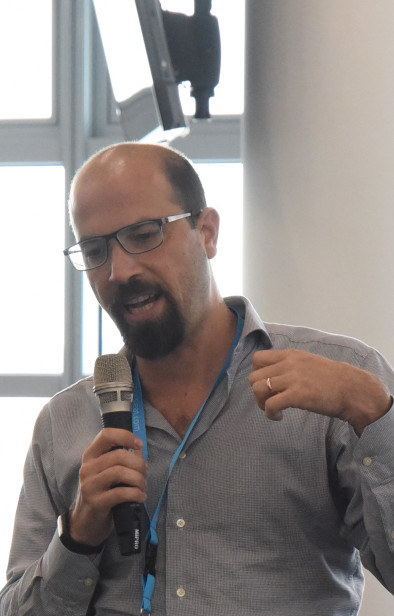
Luca Roffia
University of Bologna, Italy
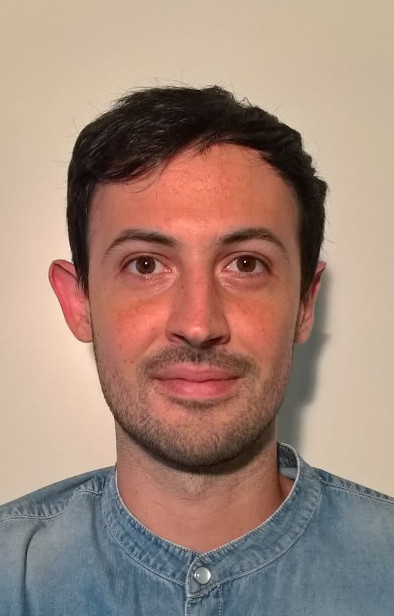
Cristiano Aguzzi
University of Bologna, Italy
ABSTRACT
One of the main challenges in the climate change era is water scarcity. As agriculture is one of the largest water users, water management in agriculture plays an important role in building countermeasures against the impact of climate change. The actors involved in the agricultural water management are the farmers, the water user associations, and finally, the regional authorities. Water requirements are defined at farm level, the water user associations define the distribution rules to satisfy the water needs in appropriate time and minimum water losses, and, eventually, the Authorities have to monitor and control the entire hydrological system in an integrated approach. The sustainable interplay between these actors is a classic problem of cooperative automation with man in the loop, which involves the interplay of models, experts, data repositories and measurements of very heterogeneous physical variables.
Understanding these processes and finding trustable and sustainable solutions are the challenges the we propose to discuss within the framework of MetroAgriFor in Trento. Therefore, we propose two special sessions for MetroAgriFor in Trento, the first one (part I) focuses on sensing, models and data integration, and the second one (part II) focuses on infrastructures, platforms and their sustainability.
TOPICS
The topics of interest include, but are not limited to the following subject areas:
- Platforms, tools and apps in smart agriculture
- Communications protocols and interoperability
- Wireless network and integrated observation systems
- Drones based monitoring and control in agriculture
- IoT based solutions for water distribution and crop water requirements estimation
- Sustainability of sensing methods in agriculture and smart energy solutions
- ICT strategies for mitigating climate change impact in agricultural water management
ABOUT THE ORGANIZERS
Luca Roffia is Assistant Professor within the Department of Electrical, Electronic, and Information Engineering "Guglielmo Marconi" of the University of Bologna and founder of VAIMEE srl. His research interests are mainly focused on investigating interoperable solutions driven by W3C Semantic Web technologies and Linked Data standards. He is the principal investigator of SEPA (SPARQL Event Processing Architecture), a publish-subscribe architecture to support the development of open, interoperable, distributed, context aware and data-driven Web applications. SEPA finds its natural application in all the domains characterized by dynamic and heterogenous data, like the Web of Things.
Cristiano Aguzzi is a Ph.D. student in the Engineering and Information Technology (EIT4SEMM) course and an invited expert in the W3C Web of Things Working Group. Cristiano graduated in Computer Engineering in 2017, with a thesis on the dependability of a sematic broker platform. Nowadays, he continues his studies in semantic technologies focusing on W3C Web of Things with the goal to build an interoperable extensible monitoring platform.
